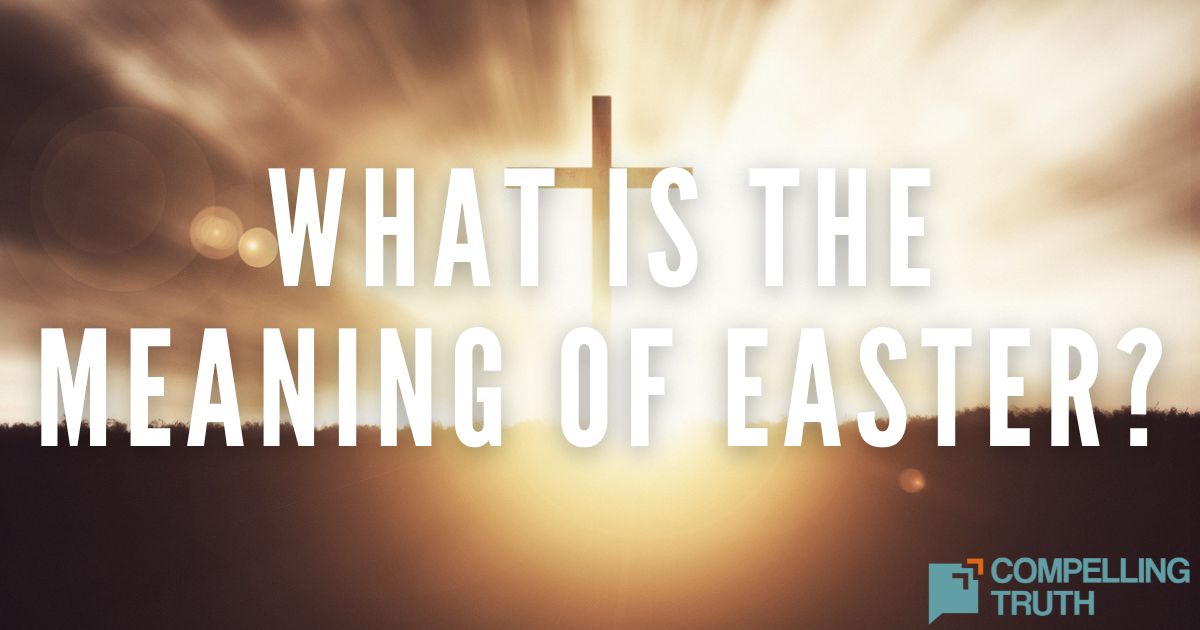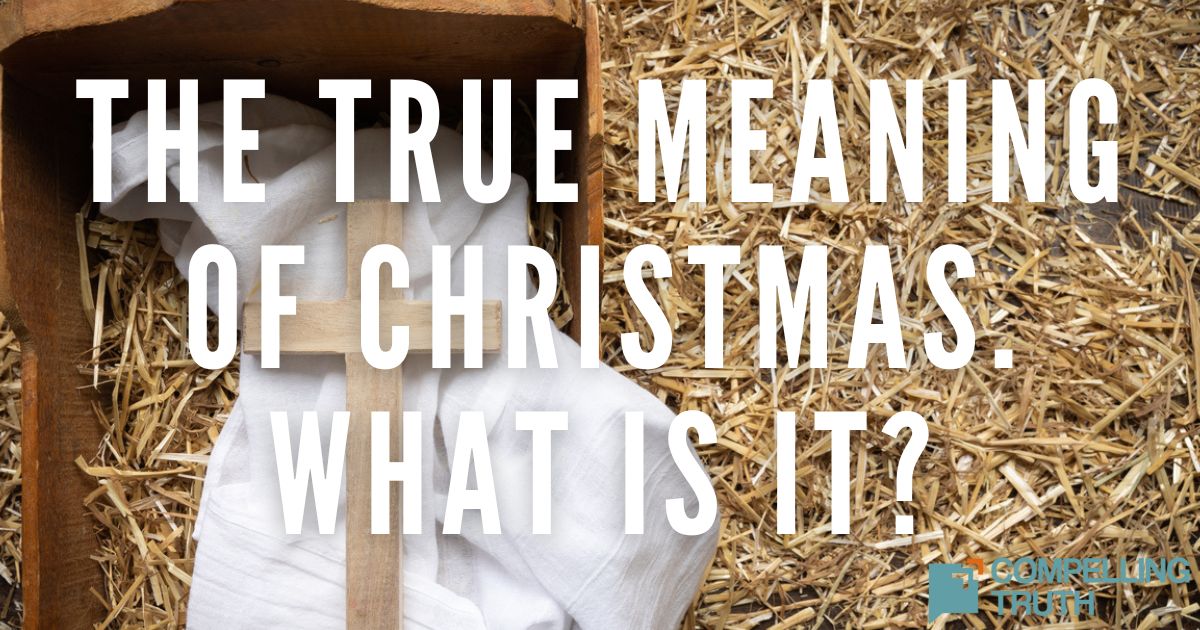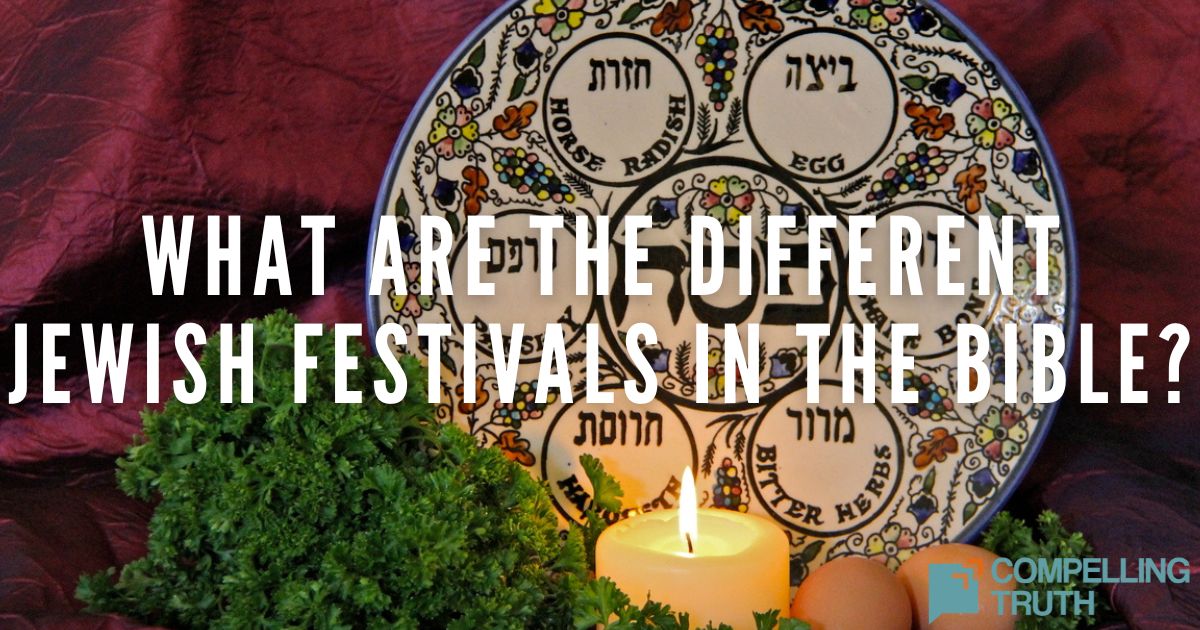The Christian calendar is a composite of all the major Christian celebrations that happen annually. The calendar shows the pattern of a year in light of the birth, life, death, and resurrection of Jesus Christ, as well as the beginning of the Church. It is also sometimes referred to as the liturgical calendar.
The Christian calendar is often depicted in a circle with time periods like Advent and Lent, as well as something called Ordinary Time, when there are no large celebrations. Here are the general categories:
Lent: The 40-day period (not counting Sundays) leading up to Easter
Holy Week: The week leading up to Easter
Easter: The celebration of Jesus rising from the dead
Pentecost: The celebration of the Holy Spirit being poured out and the start of the Church
Trinity Sunday: A day to emphasize the Trinity
Ordinary Time: Often the summer and fall months
Advent: The 25-day or so period leading up to Christmas (it begins on the fourth Sunday before Christmas)
Christmas Day: The celebration of the birth of Jesus
Epiphany: The celebration of the visit of the Wise Men to see Jesus
Ordinary Time: The second period of no major celebrations leading up to Lent
There might be variations in how each denomination names these periods on the calendar and how much detail is given. However, the overall structure is typically the same and is anchored in Jesus. It's a way of organizing the year and the church's overall calendar in order to remember and celebrate what Jesus has done to bring peace between God and humanity (1 Timothy 2:5–6; Romans 5:6–11; Ephesians 2:1–10; John 16:33).
Celebration and remembrance are important to God. In addition to the weekly Sabbath, He proclaimed seven annual festivals (or feasts) to be observed by the Israelites in the Old Testament, each with the purpose of helping the Israelites remember what God had done for His people: the Passover, the Feast of Unleavened Bread, the Feast of Firstfruits, the Feast of Weeks, the Feast of Trumpets, the Day of Atonement, and the Feast of Booths (Leviticus 23). Ultimately, these festivals are fulfilled in Jesus. Of the annual feasts, the Passover was the most important and remains so to this day.
Christians view the Passover in the light of Jesus as the ultimate Passover sacrifice. Easter is directly tied to the Passover celebration. The Last Supper that Jesus had with His disciples was the traditional Passover dinner (Matthew 26). Jews would, if able, travel to Jerusalem for Passover each year. It was the first major celebration mandated by God to the Israelites when He rescued them from Egypt (Exodus 12). It was always meant to point to the coming Passover Lamb, Jesus Christ (1 Corinthians 5:7).
The events on the Christian calendar are not prescribed in the Bible, nor are Christians compelled to observe the Jewish feasts. However, many find that following the Christian calendar or participating in Old Testament celebrations is helpful in their walk with the Lord. Paul explained in Colossians 2:16–17, "Therefore let no one pass judgment on you in questions of food and drink, or with regard to a festival or a new moon or a Sabbath. These are a shadow of the things to come, but the substance belongs to Christ." Romans 14:5–6 says, "One person esteems one day as better than another, while another esteems all days alike. Each one should be fully convinced in his own mind. The one who observes the day, observes it in honor of the Lord. The one who eats, eats in honor of the Lord, since he gives thanks to God, while the one who abstains, abstains in honor of the Lord and gives thanks to God." For some, the Christian calendar can provide rhythm to our lives centered around Jesus.
The Christian calendar is often depicted in a circle with time periods like Advent and Lent, as well as something called Ordinary Time, when there are no large celebrations. Here are the general categories:
Lent: The 40-day period (not counting Sundays) leading up to Easter
Holy Week: The week leading up to Easter
Easter: The celebration of Jesus rising from the dead
Pentecost: The celebration of the Holy Spirit being poured out and the start of the Church
Trinity Sunday: A day to emphasize the Trinity
Ordinary Time: Often the summer and fall months
Advent: The 25-day or so period leading up to Christmas (it begins on the fourth Sunday before Christmas)
Christmas Day: The celebration of the birth of Jesus
Epiphany: The celebration of the visit of the Wise Men to see Jesus
Ordinary Time: The second period of no major celebrations leading up to Lent
There might be variations in how each denomination names these periods on the calendar and how much detail is given. However, the overall structure is typically the same and is anchored in Jesus. It's a way of organizing the year and the church's overall calendar in order to remember and celebrate what Jesus has done to bring peace between God and humanity (1 Timothy 2:5–6; Romans 5:6–11; Ephesians 2:1–10; John 16:33).
Celebration and remembrance are important to God. In addition to the weekly Sabbath, He proclaimed seven annual festivals (or feasts) to be observed by the Israelites in the Old Testament, each with the purpose of helping the Israelites remember what God had done for His people: the Passover, the Feast of Unleavened Bread, the Feast of Firstfruits, the Feast of Weeks, the Feast of Trumpets, the Day of Atonement, and the Feast of Booths (Leviticus 23). Ultimately, these festivals are fulfilled in Jesus. Of the annual feasts, the Passover was the most important and remains so to this day.
Christians view the Passover in the light of Jesus as the ultimate Passover sacrifice. Easter is directly tied to the Passover celebration. The Last Supper that Jesus had with His disciples was the traditional Passover dinner (Matthew 26). Jews would, if able, travel to Jerusalem for Passover each year. It was the first major celebration mandated by God to the Israelites when He rescued them from Egypt (Exodus 12). It was always meant to point to the coming Passover Lamb, Jesus Christ (1 Corinthians 5:7).
The events on the Christian calendar are not prescribed in the Bible, nor are Christians compelled to observe the Jewish feasts. However, many find that following the Christian calendar or participating in Old Testament celebrations is helpful in their walk with the Lord. Paul explained in Colossians 2:16–17, "Therefore let no one pass judgment on you in questions of food and drink, or with regard to a festival or a new moon or a Sabbath. These are a shadow of the things to come, but the substance belongs to Christ." Romans 14:5–6 says, "One person esteems one day as better than another, while another esteems all days alike. Each one should be fully convinced in his own mind. The one who observes the day, observes it in honor of the Lord. The one who eats, eats in honor of the Lord, since he gives thanks to God, while the one who abstains, abstains in honor of the Lord and gives thanks to God." For some, the Christian calendar can provide rhythm to our lives centered around Jesus.



